Inferno Canto 26
OVERVIEW
Brendan Case is the Associate Director for Research at Harvard University’s Human Flourishing Project. He is the author of The Accountable Animal: Justice, Justification, and Judgement, and his work develops integrative research strategies to examine human flourishing across cultures.
Questions for Reflection
- How does Dante’s characterization of Ulysses differ from Homer? Why would Dante add to (or change) the ending of one of the most well-known and celebrated of the classical heroes?
- Is Ulysses desire to know the ways of the world, vice, worth, and valor in itself sinful? If so, does this mean that knowledge itself is problematic? If not, why is he in hell?
- How does Ulysses use language to inflame the hearts and minds of his men to violation the human “boundaries” set by the gods?
- In Ulysses’ speech, he tells his men: “You were not made to live as mindless brutes, but to go in search of virtue and true knowledge” (26.118-120). Isn’t this a true statement about human beings, that we have a desire to know? If so, how is Ulysses using the truth in a way that is deceptive?
- How does Ulysses reflect Dante’s own project in the Comedy? How does Ulysses function as a constant temptation or fear for the Poet throughout the rest of the poem?
- What does Ulysses warn us about the power and danger of rhetoric and curiosity?
DETAILS
- Dr. Brendan Case
- Harvard University
- Run Time 10:12








